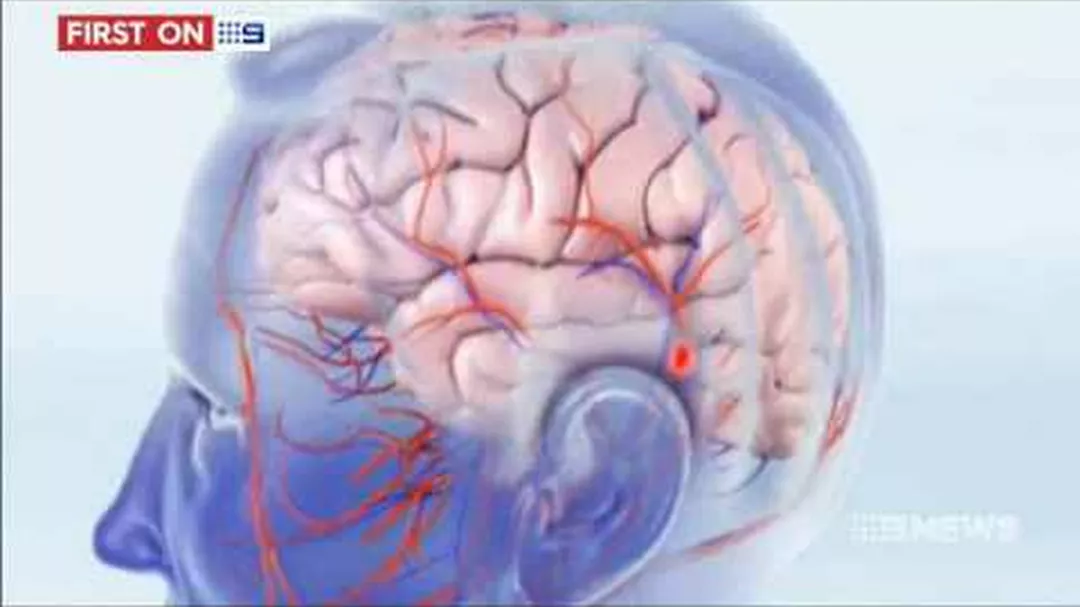
Despite availability of AF testing tools and preventative drugs, Australia has no prevention guidelines regarding AF screening for stroke, just guidelines on what to do after you suffer one. The Heart Foundation is developing AF management guidelines.
The AF-SCREEN report collated evidence showing AF detected by ECG carries sufficient risk of stroke to justify the use of anticoagulants. It calls for governments worldwide to introduce one-off screening for all older people, at age 65 or possibly older. Programs could be run through GPs, pharmacies or in the community, and could be carried out with pulse checking, a blood pressure monitor or, ideally, a handheld ECG device, the best tool for offering a firm AF diagnosis rapidly.
The benefits of such a program in Australia would be significant. “If we managed to screen 75 per cent of people aged over 65 and got 80 per cent with AF on to medication, we’d prevent more than 250 strokes every year,” Prof Freedman says. “Imagine seeing that the world over. Such a simple action to see so many lives spared from stroke.”
The benefits of such a program in Australia would be significant. “If we managed to screen 75 per cent of people aged over 65 and got 80 per cent with AF on to medication, we’d prevent more than 250 strokes every year,” Prof Freedman says. “Imagine seeing that the world over. Such a simple action to see so many lives spared from stroke.”
A large randomised-controlled study showing the benefits of screening is needed before governments are likely to commit funds to the cause. “Some are in the pipeline but they are costly, may not be large enough individually, and will take time to get results,” the specialist says. However in the meantime there is enough evidence to start screening programs in many countries, the White Paper concludes.
Those with concerns about their heartbeat and stroke risk can take action. “If you are aged 65 years or over, then you can see your doctor to check your pulse, or check your own at home to see if it’s regular like a clock,” he says. “If it’s irregular you can have an ECG and get your AF diagnosed and medicated.”
The White Paper, Screening for Atrial Fibrillation, A Report of the AF-SCREEN International Collaboration, has 60 contributing authors. View the full article published in Circulation issue 19; Vol 135.


